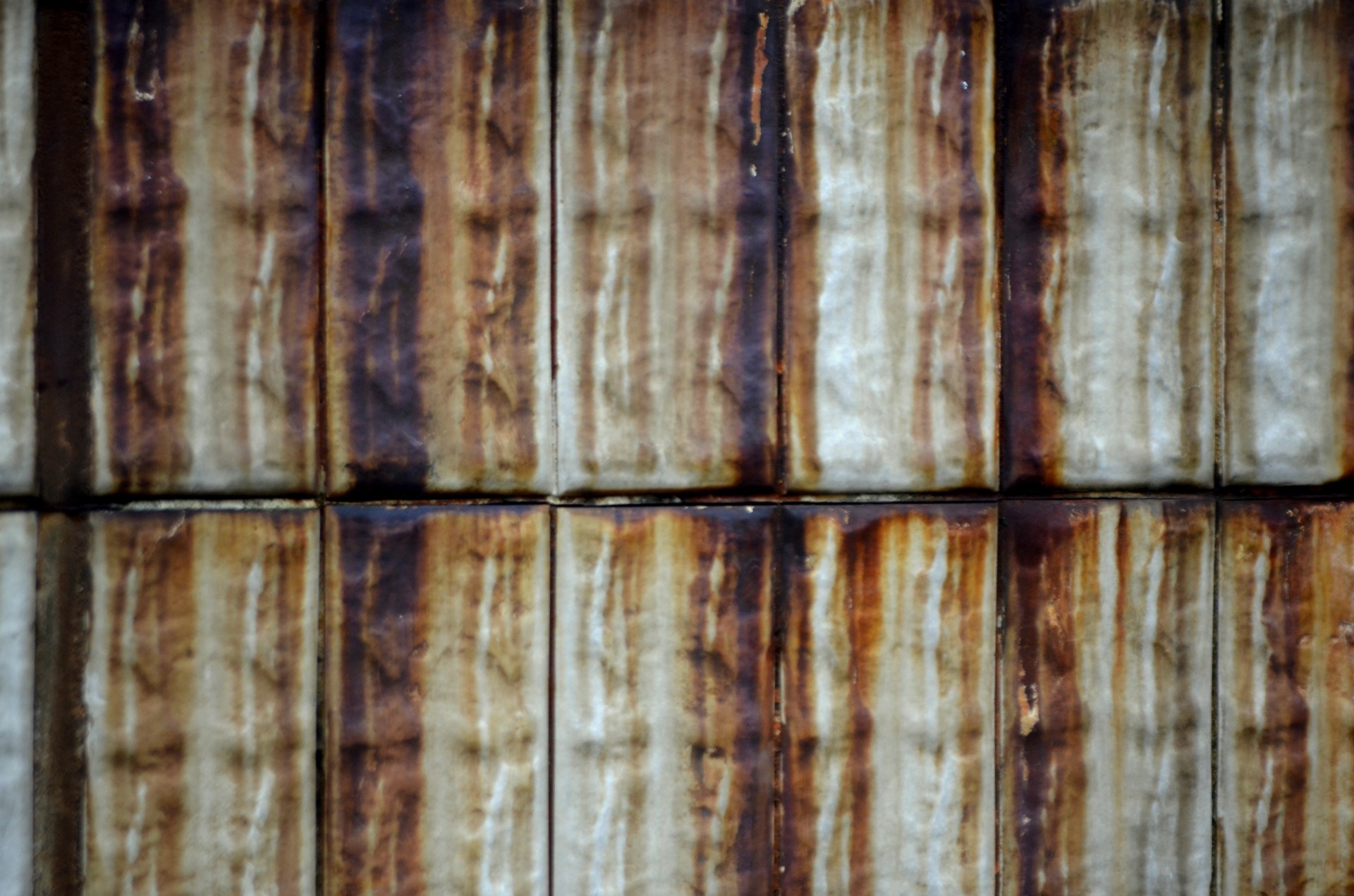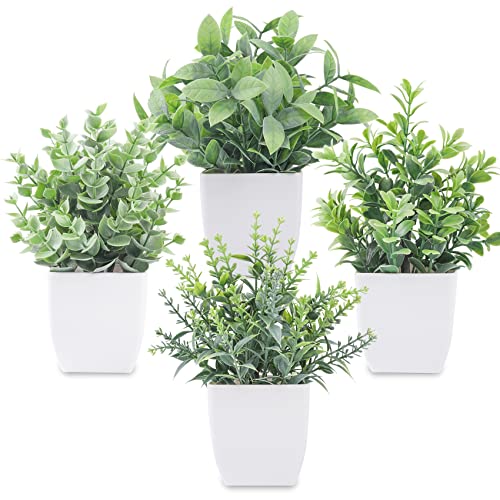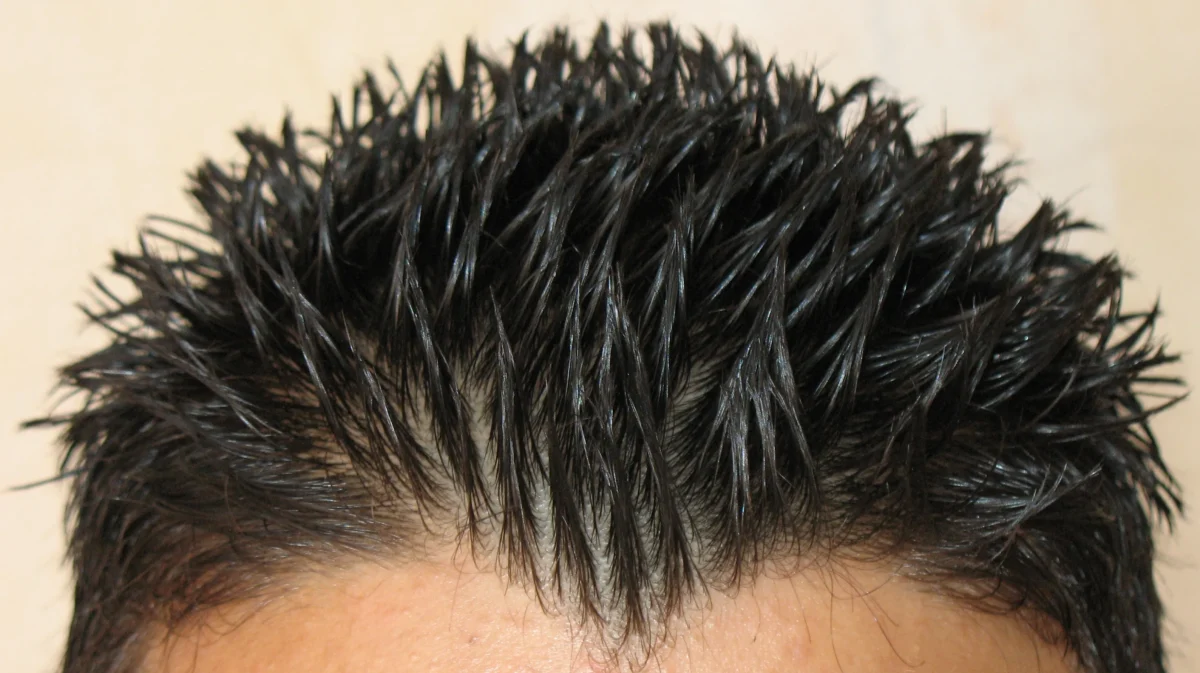The Ultimate Guide to Choosing the Best Rust Remover for Your Metal Surfaces
As a handyman who’s great at fixing things, you know how frustrating it is when rust eats away at your metal surfaces, leaving them weakened and unsightly. But fear not, because in this article we’ll be discussing the best rust remover options available.
Firstly, we’ll delve into understanding rust and its effects on metal surfaces. Next, we’ll highlight the importance of choosing the right rust remover and compare different types of rust removers including chemical, natural, and abrasive methods. In addition, we’ll discuss the factors to consider when selecting the best rust remover that meets your specific needs. Finally, we’ll provide tips for using rust removers effectively and safely.
By the end of this article, you’ll have the knowledge and understanding to treat rust like a pro and keep your metal objects looking beautiful for years to come! So let’s dive in.

Understanding rust and its effects on metal surfaces.
Understanding rust and its effects on metal surfaces is crucial for any handyman who wants to keep their tools in top condition. Rust occurs when iron or steel comes into contact with oxygen and moisture, causing a chemical reaction that eats away at the metal.
If left untreated, rust can cause serious damage to metal surfaces, leading to structural weakness and potential failure. This is especially problematic in the construction industry where safety is paramount.
To combat rust effectively, it’s important to first understand how it forms. The presence of oxygen and moisture are essential factors that contribute to its formation; therefore, keeping your tools dry will help prevent this issue from occurring altogether.
However, if you do find yourself dealing with rusty tools or equipment there are a variety of products available on the market today designed specifically for removing rust safely without damaging your metals surface beneath – one such product being ‘best rust remover’. It’s important not only choose an effective product but also follow proper application techniques as well.
When using best rust removers always ensure you follow recommended usage instructions carefully; these may vary depending on which type of remover used- some require simply brushing onto affected areas while others may need soaking time before wiping off excess residue afterwards.
Remember – knowledge about how Rust works might just save you money by keeping those expensive hand-tools out of landfill!
The importance of choosing the right rust remover is paramount.
As a handyman, you know the importance of choosing the right rust remover. Rust can be a stubborn and unsightly problem that needs to be addressed properly in order to prevent further damage and ensure longevity of your tools and equipment.
When selecting a rust remover, it’s important to consider factors such as effectiveness, safety, ease of use, and cost. You want a product that will effectively remove rust without causing harm or damage to your tools or yourself.
There are several types of rust removers available on the market including chemical solutions, mechanical methods such as sandblasting or wire brushing and natural remedies like citrus acid. Each has its own advantages depending on what type of metal surface you’re dealing with.
Chemical solutions tend to work faster than mechanical methods but may require more careful handling due their hazardous nature. Natural remedies tend not only be safer for both user but also eco-friendly while being effective at removing even tough stains from rusty surfaces.
Ultimately it’s all about finding the best fit for your individual situation so make sure you do thorough research before making any purchases- your valuable time deserves nothing less!
Comparing different types of rust removers: chemical, natural, and abrasive methods.
As a handyman, you know the frustration of dealing with rust on your tools and equipment. But what’s the best way to remove it? Let’s compare three different types of rust removers: chemical, natural, and abrasive methods.
Chemical rust removers use acids or other chemicals to dissolve the rust. While effective at removing heavy corrosion, they can also be dangerous if not handled properly and may require protective gear. Natural methods like vinegar or lemon juice are gentler alternatives but may take longer to work.
Abrasive methods like sandpaper or wire brushes physically remove the rust from surfaces. These can be effective for small areas but may damage delicate materials like chrome.
So which is best for you? It depends on your specific needs and preferences as a handyman. If you need quick results on tough corrosion, chemical removers might be necessary despite their risks. If you prefer non-toxic solutions that won’t harm sensitive materials over time then natural options might suit better – just remember that they take more patience than harsher solutions! And if gentle abrasion appeals most (and doesn’t pose any risk), then try using fine-grit sandpapers – these will grind away surface oxidation without causing any damage.
In conclusion: there’s no one-size-fits-all solution when it comes to choosing between these three types of remover techniques – each has its own strengths depending upon what type work needs doing in order get those rusty tools back into top condition again!
Factors to consider when choosing the best rust remover for your needs include.
When it comes to choosing the best rust remover for your needs, there are several important factors to consider. As a handyman who’s good at fixing things, you know that rust can be a real pain and can cause serious damage if left untreated.
First and foremost, you need to determine the type of surface that has been affected by rust. Different surfaces require different types of rust removers. For instance, using an acidic solution on metals like aluminum or brass could lead to corrosion and further damage.
The next factor is the severity of the rust. If it’s light surface rust that hasn’t penetrated deep into metal surfaces, then using a mild abrasive cleaner may be enough to remove it. However, heavier cases may require more powerful products such as chemical-based solutions or mechanical treatments like sandblasting.
Another crucial aspect is safety concerns when handling these chemicals since many contain harmful ingredients which must be handled with care while applying them properly following all instructions printed on their labelings in detail so as not only ensure efficiency but also safety throughout use period without causing any harm either yourself or anything else around during its application process
Lastly but not leastly price should also play an important role in your decision-making process since some products are more expensive than others despite working similarly well depending upon their composition quality levels affordability ranges available at various stores online retailers etcetera
Tips for using rust removers effectively and safely.
If you’re a handyman who takes pride in fixing things around the house, then you know how frustrating rust can be. Fortunately, there are many rust removers on the market that can help make your job easier. However, it’s important to use them safely and effectively to avoid damaging your tools or putting yourself at risk. Here are some tips for using rust removers like a pro:
1) Read the instructions carefully: Before using any rust remover product, always read the label and follow the instructions carefully.
2) Test first: Always test any new product on a small inconspicuous area before applying it to larger surfaces. This will help you determine if it’s safe for use and won’t cause damage.
3) Wear protective gear: Rust removers can be harmful if they come into contact with your skin or eyes so always wear gloves and goggles when handling these products.
4) Choose non-toxic options: If possible, opt for non-toxic rust removal solutions as opposed to harsh chemicals that may damage surfaces or pose health risks.
5) Rinse thoroughly after application: After applying a rust remover solution onto an affected surface of tool rinse thoroughly with water get rid of all residues from that surface
By following these tips for using best-rust-remover effectively and safely, you’ll be able to tackle even tough rusty projects without worrying about safety hazards or damaging tools unnecessarily!
Conclusion
With so many options for rust removers available on the market, it can be hard to decide which one is the best for your needs. Fortunately, by taking into consideration all of these factors and tips we’ve discussed in this article, you’ll be able to find a rust remover that will get rid of those pesky rusty spots quickly and effectively! So go ahead – take some time to shop around until you find the perfect rust remover for your next project.















